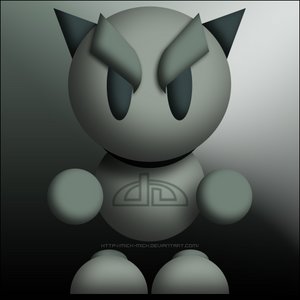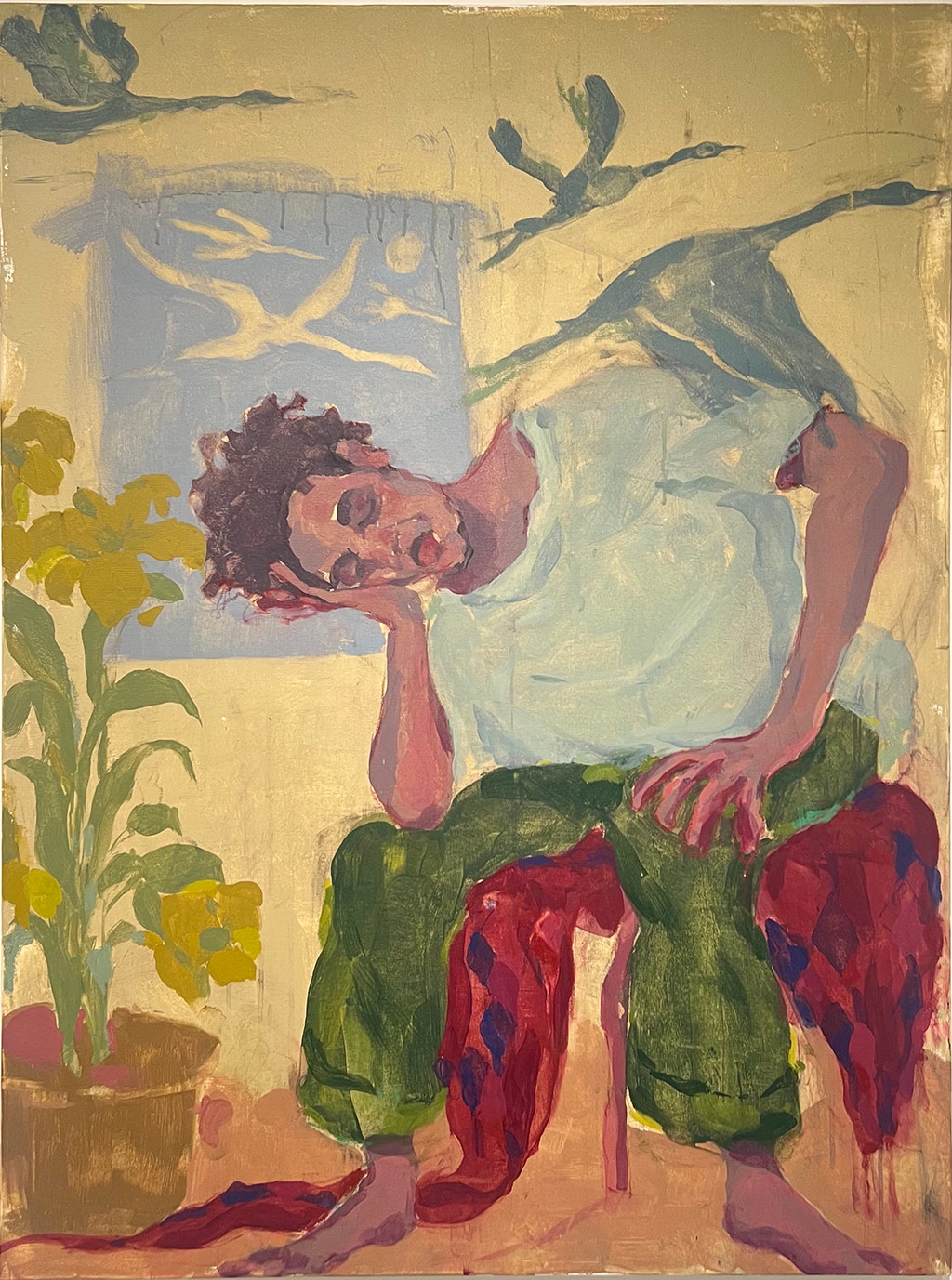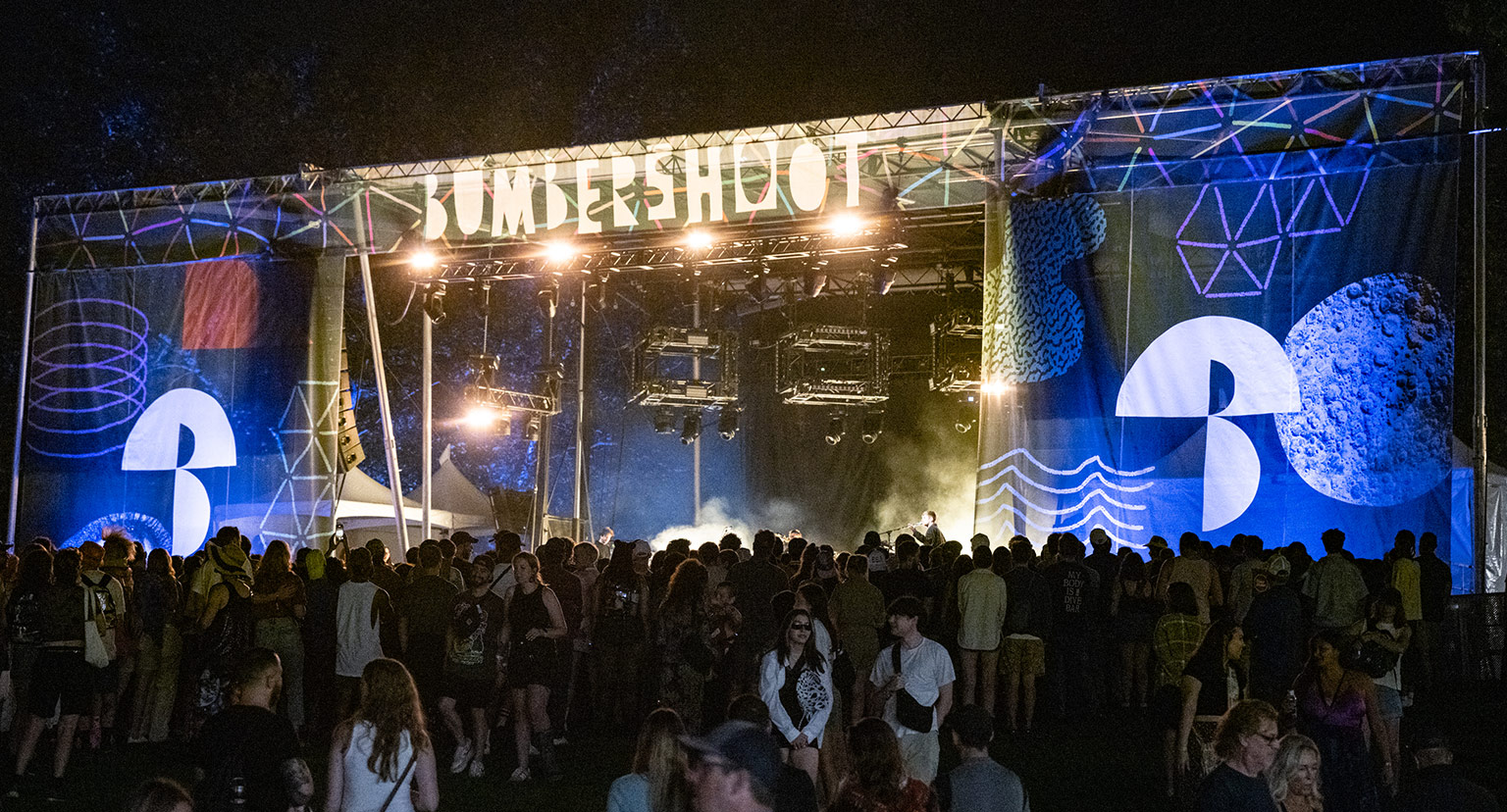 Can you give our readers a bit of insight as to what motivated you to start the site?
Can you give our readers a bit of insight as to what motivated you to start the site?
In 2000, there was no place for artists to put their artwork online. DeviantArt was founded by a programmer, an artist, and an entrepreneur. I would be the entrepreneur. The artist Matt Steven really was like, “Look, I’ve created all of these application skins and technical types of art, but there’s no place for me to put my paintings, my drawings, or my sketches. Let’s create an exciting new atmosphere that allows the community to tell us what they want.” We’d embrace new categories of art as [the community] asked for them. We started out with about 30 categories and we’re now at about 750. I think that the embracing of the community is what has allowed it to grow so rapidly. It keeps the artists very very happy, because they have a place to share their work and an audience to come see what they put out.
DeviantArt allows anyone to post their artwork. Do you feel that takes away from the site’s level of professionalism?
Oh no, there is a little bit of artist in anybody, so we embrace the artist. The mentoring aspects are a very important part in that. The system is designed in such a way where everyone gets to go on the front page, and then we have filtering systems so the more people react to your artwork, the more that it filters up. So, if you want to come to see just the best stuff, you just browse top favorites. But there’s a community of people who just love to see the real raw reaction to the world every single day. That’s what DeviantArt is. There is one submission every 2 to 3 seconds. DeviantArt was alive and thriving during the September 11th attacks; you should see the reaction by the artistic community during those days. It’s a live vehicle for artists to explain the world around them every day of the year. And if you look at it in a different perspective, 13 million pieces of art in the past 5 years is an artistic documentation of a history of art online. That’s absolutely an incredible thing. It’s timely, and you can see it day by day. I don’t think anybody else can say that. Galleries are rarely time stamped. We are actually preserving history in a great way.
Are there any challenges that come to mind when you think back to the time when you started DeviantArt?
Oh sure, money! That’s always the problem with any startup. But everything else came into place when you run an internet company and know how to do marketing. The main challenges for an entrepreneur are marketing, funding, and business models – things like this. We didn’t have these kinds of troubles; we just had the money troubles. The community embraced it, millions of people came to visit, and you figure out the details. Scaling and learning how to build brand new technologies that have never been built before is a challenge as well, but these are also all the things that make it fun too.
Who are some of your favorite artists?
Aaron Jasinski definitely, Mark Brooks is someone I admire because he draws Spiderman and that’s pretty awesome. Mancopter is an artist who is downstairs, and I really like him as well. Mancopter is Mancopter.deviantart.com, Jasinski is Jasinski.deviantart.com, Mark Brook is diable2003.deviantart.com. Those are some of my favorite artists. I lost track, but I have about 86 artists of my Deviant Watch, whom I watch and comment on as their artwork is submitted. So I go through them all, and it’s a lot.
What is your favorite aspect of DeviantArt?
Communities and building digital environments that make people comfortable. Also, allowing them to engage one another in a way which produces results. It’s absolutely a fascinating science – something I have been studying since I was 12. It’s because I became heavily addicted to BBS Bulletin Board systems and online communities centered around video games. I guess you’d call them digital gladiators now, who are now being illustrated by the Cyberathlete Professional League with .5 million dollar prizes. They’re basically becoming a sport of the reflex, and that was a fascination of mine when I was younger. That applies to every area of taking a physical world and making digital. [It] gives everybody in the world the advantage of coming together under a topic. [It] doesn’t matter where you are, it’s really just about sheer talent and the way the entire world will react to you. That brings to light the truly brilliant, truly amazing people on the planet, rather than just in a local area. That’s an absolutely fascinating part of the internet in general; I just like to focus on embracing that and building communities.
END.






